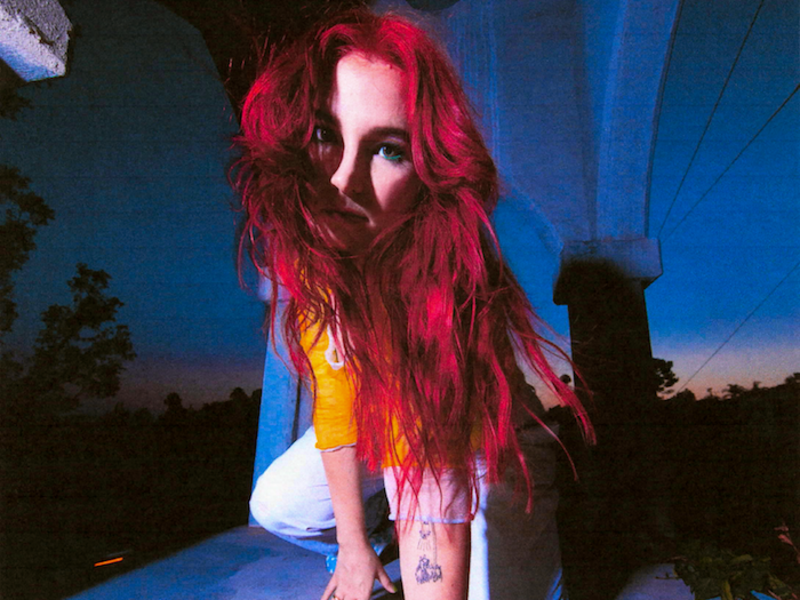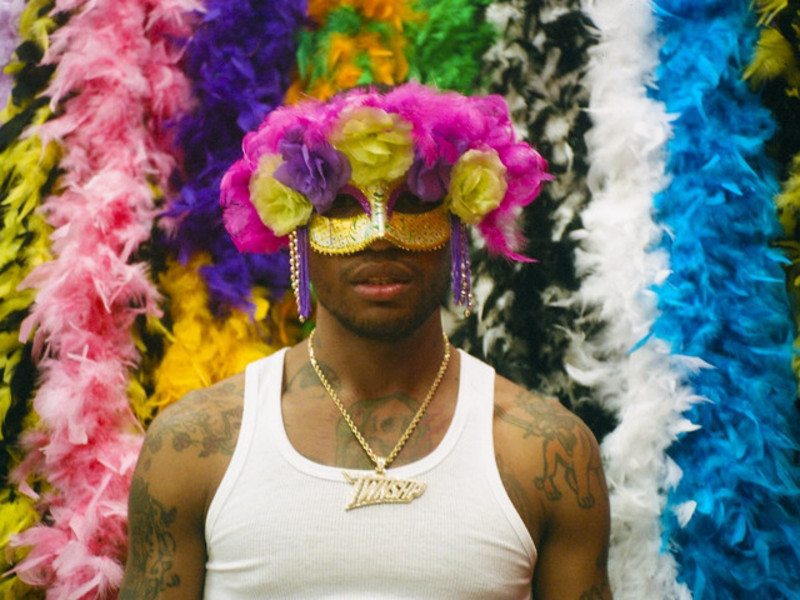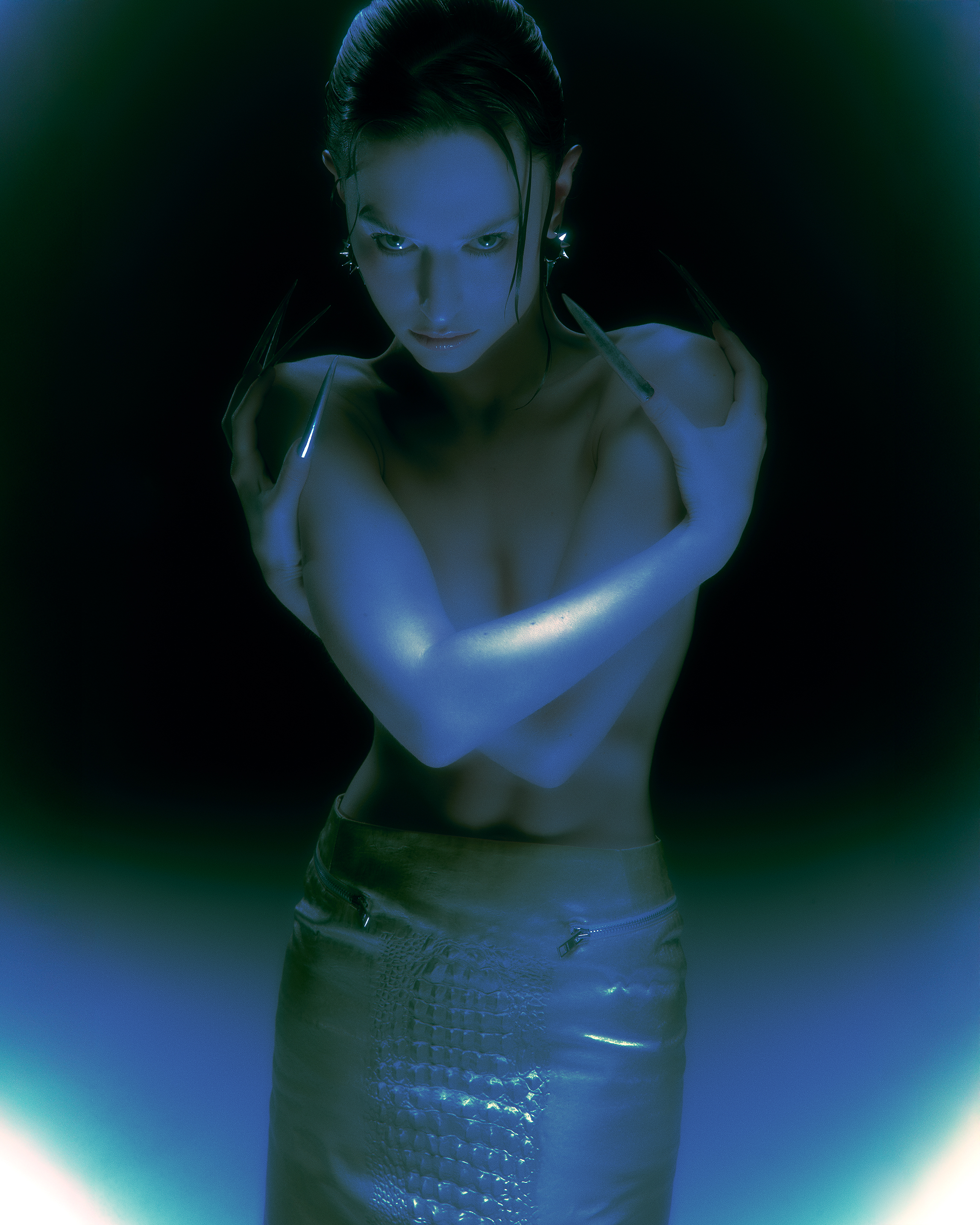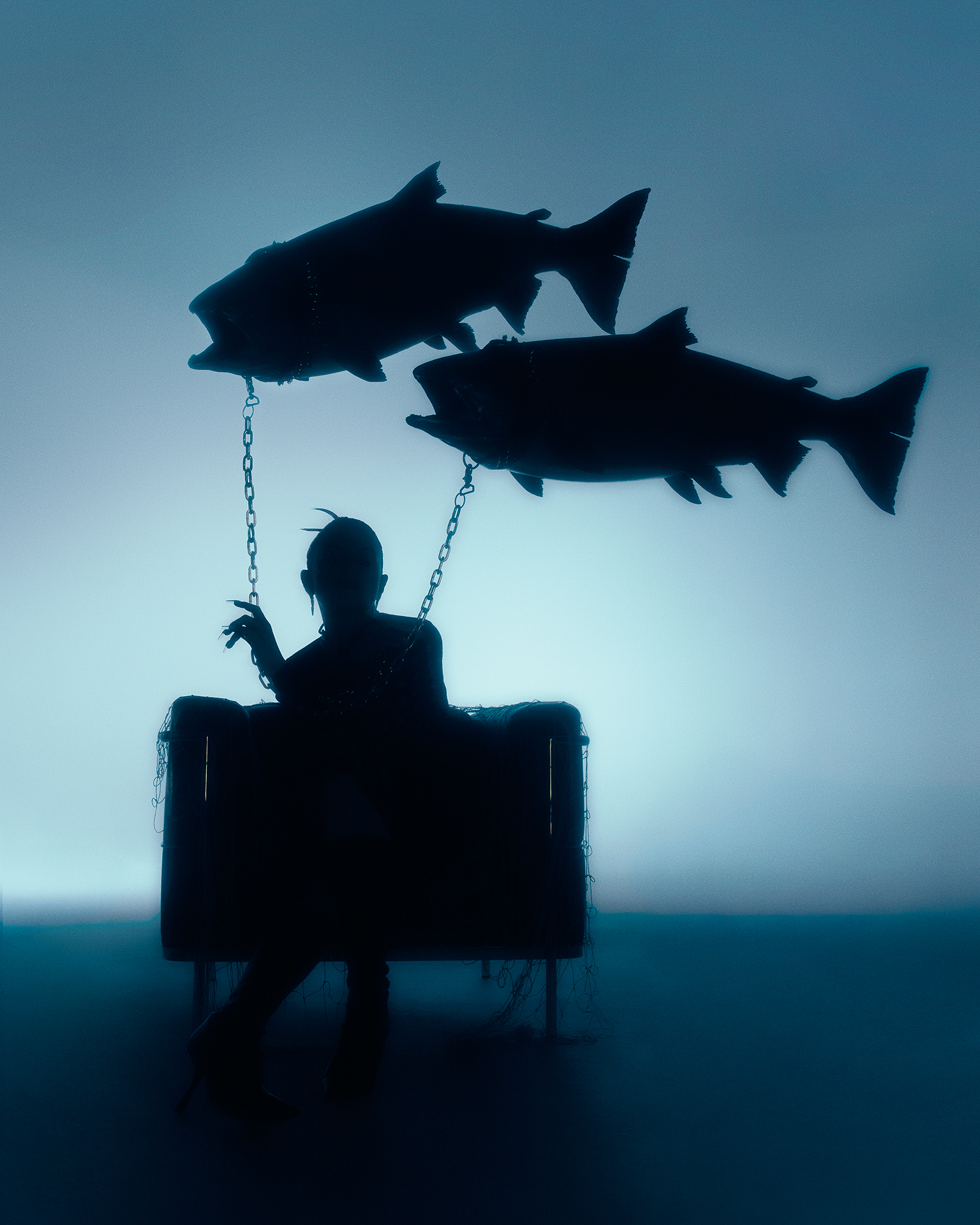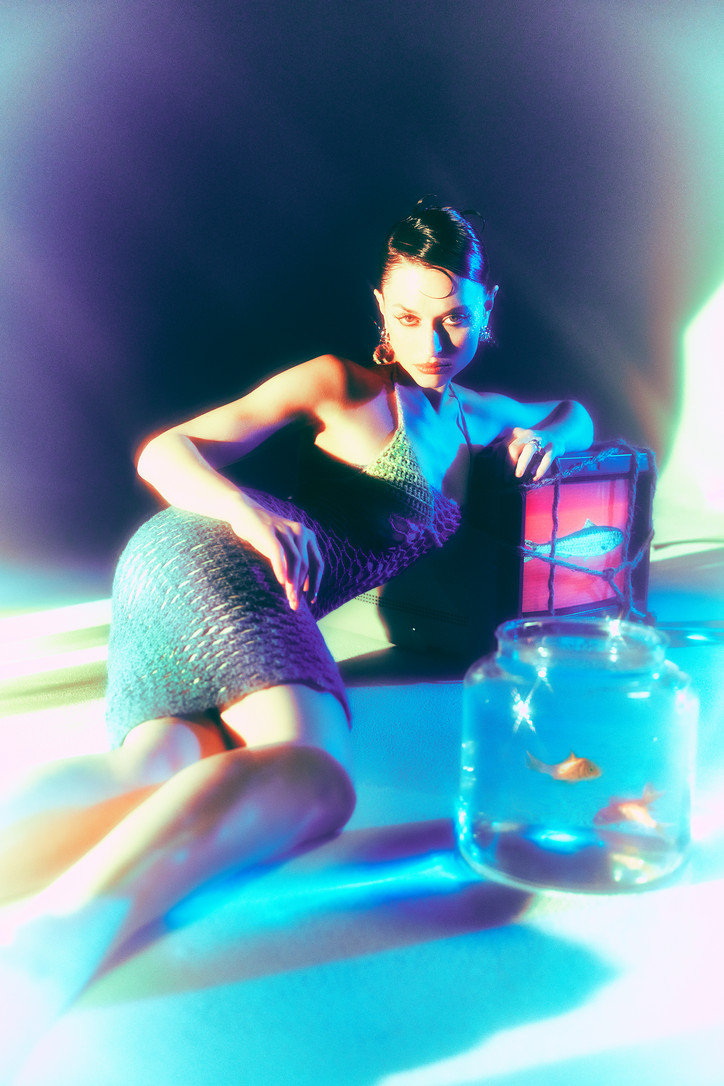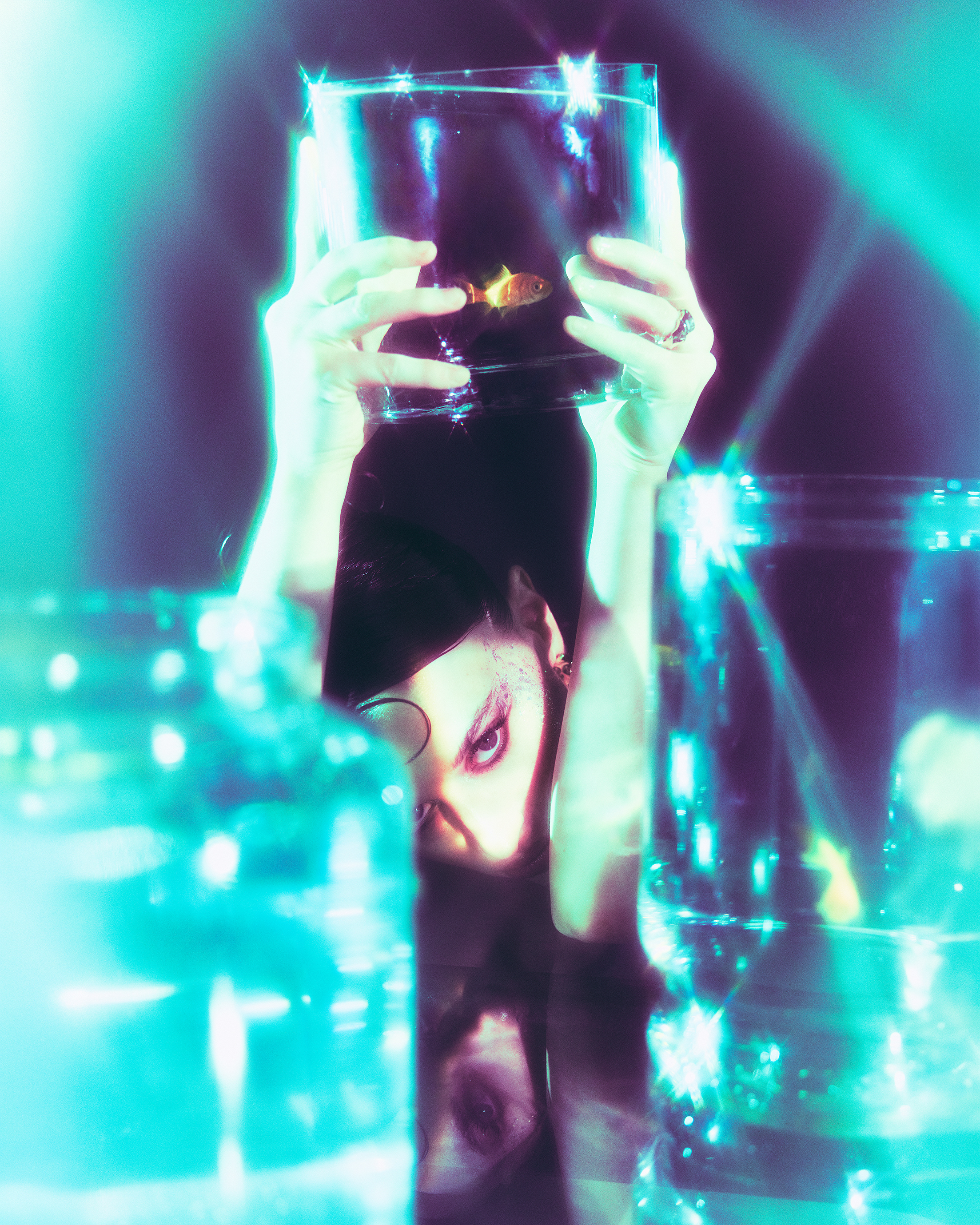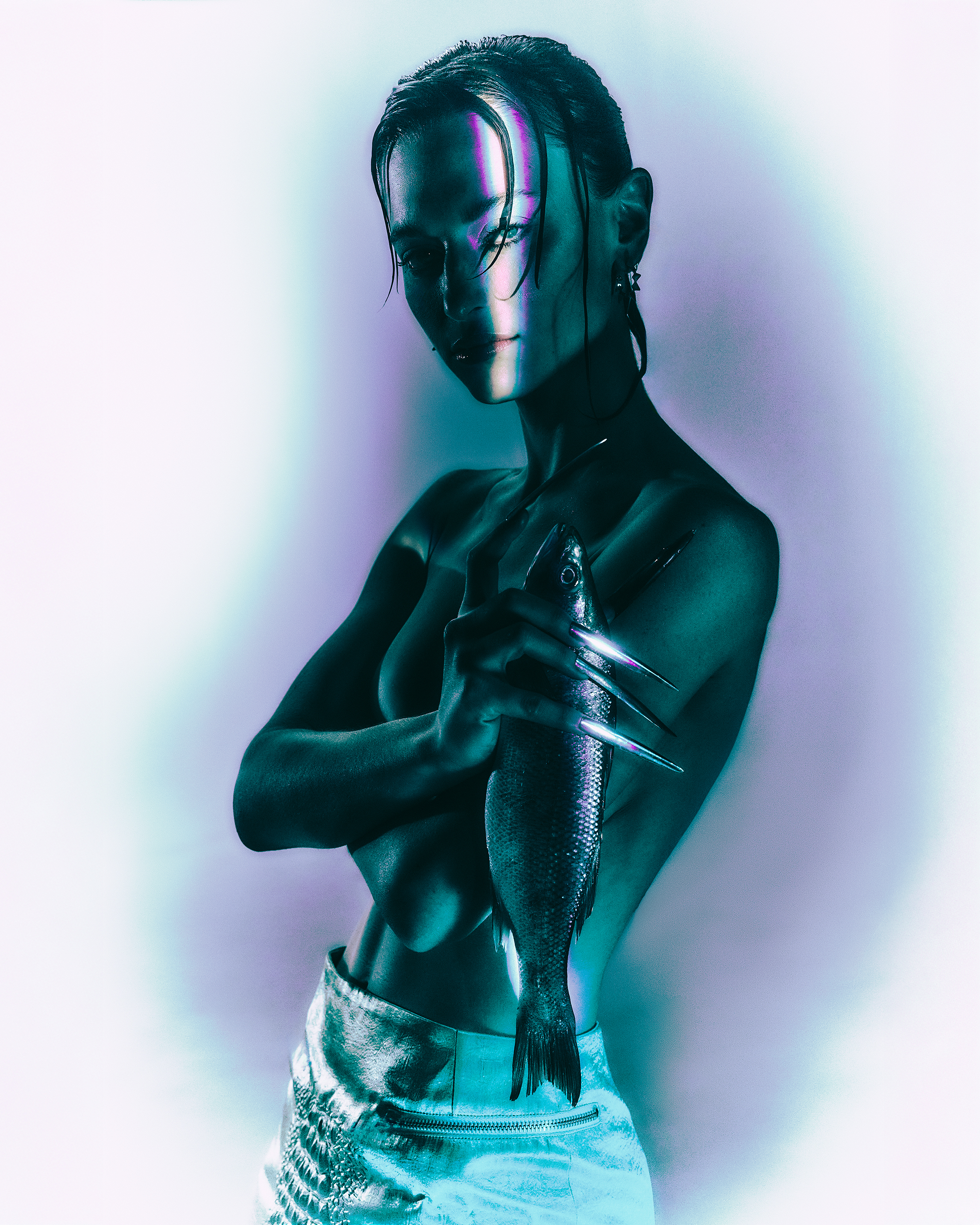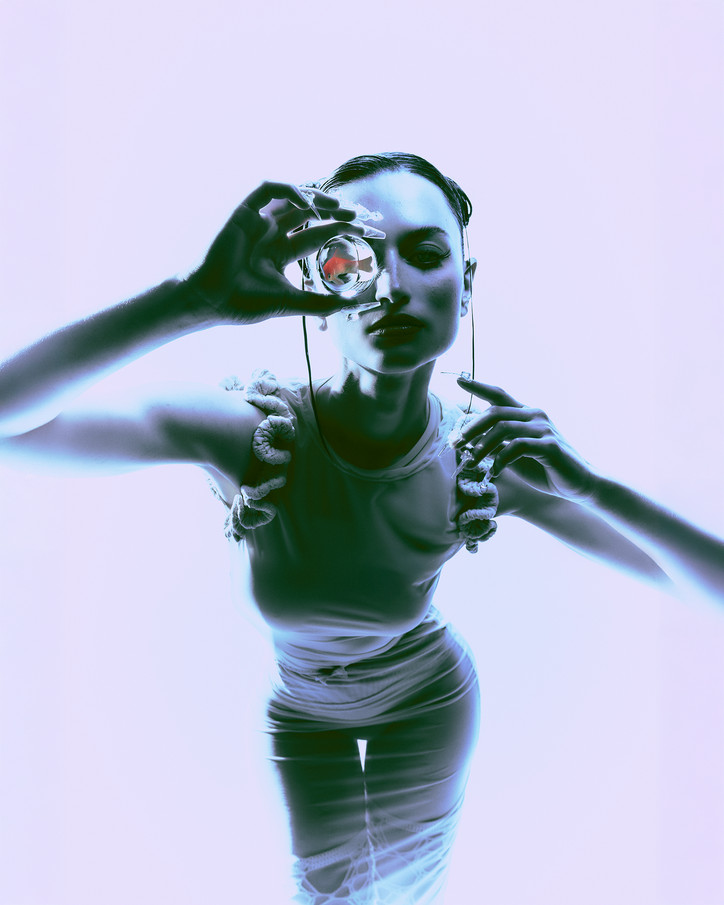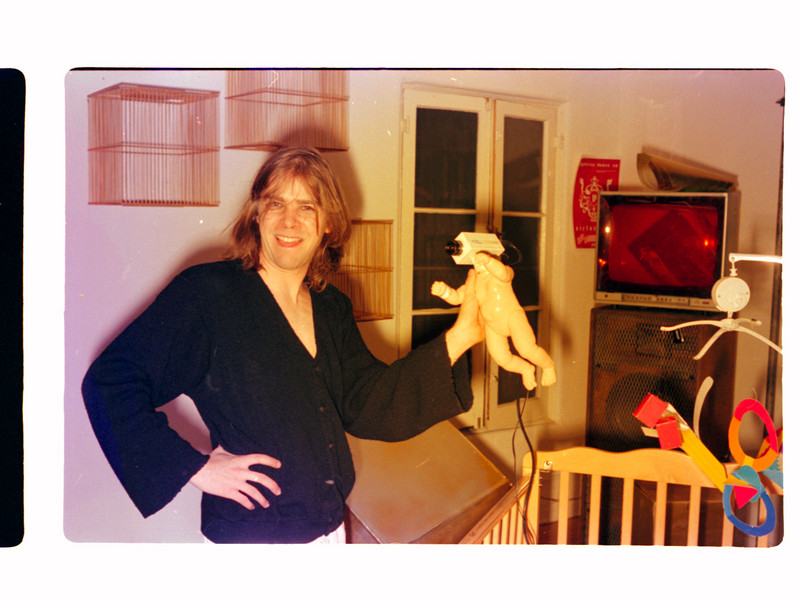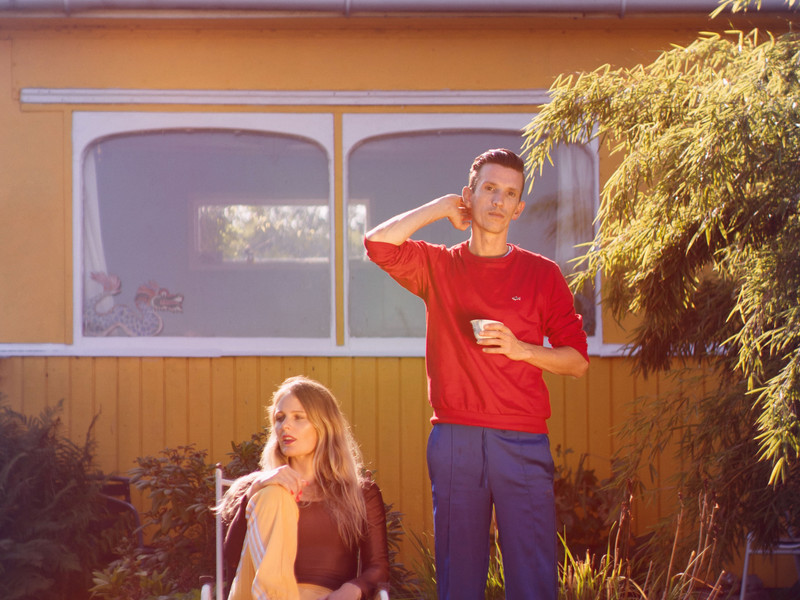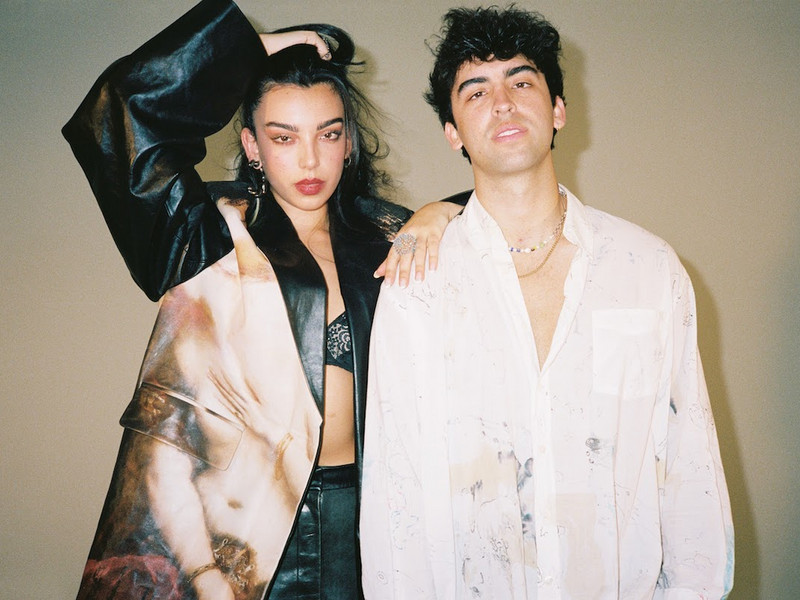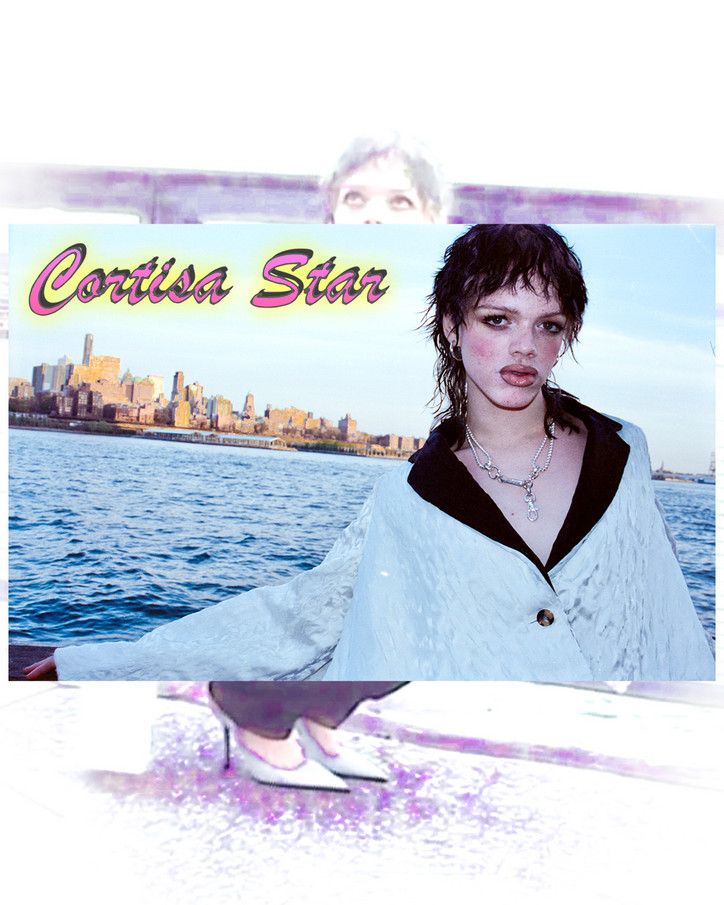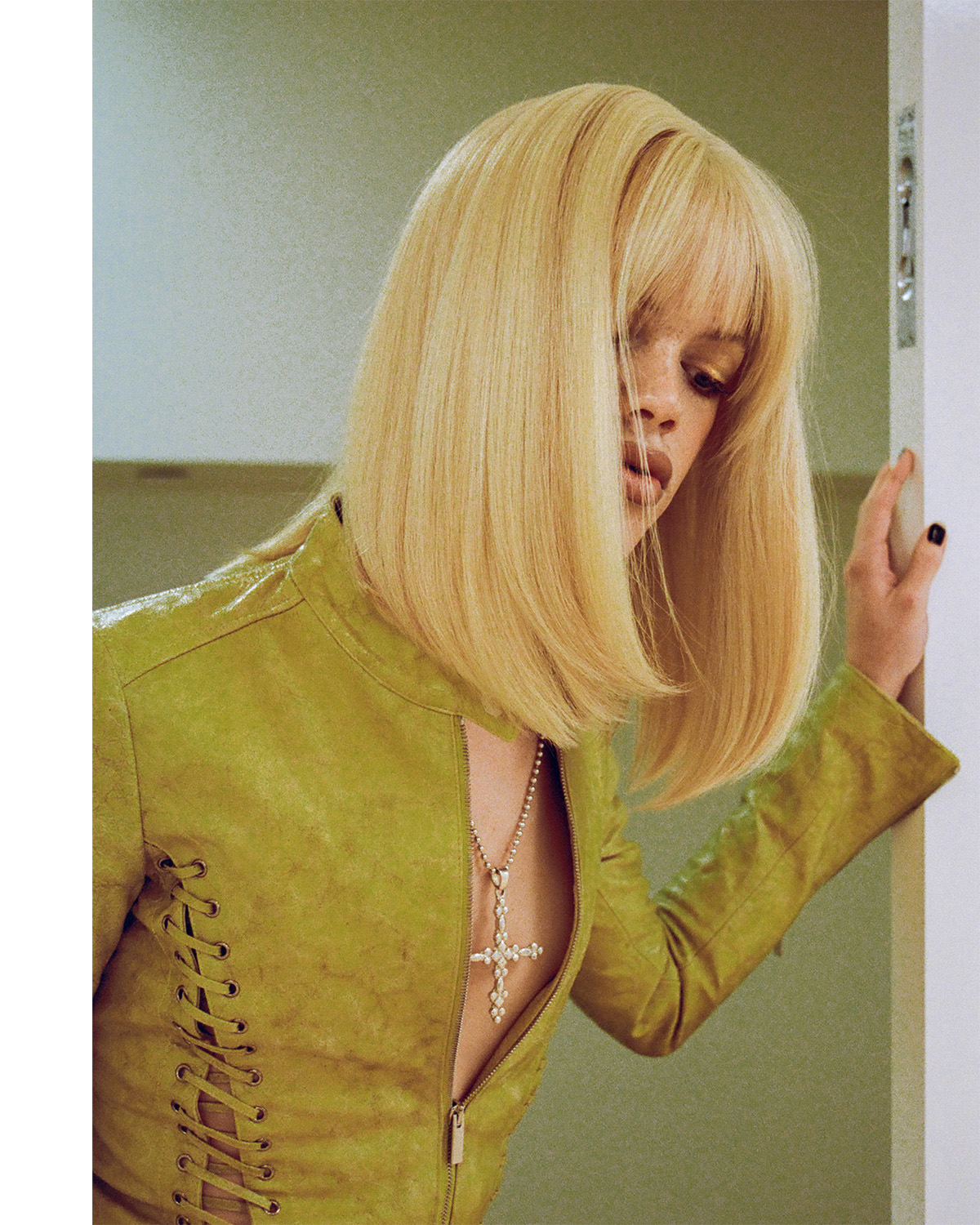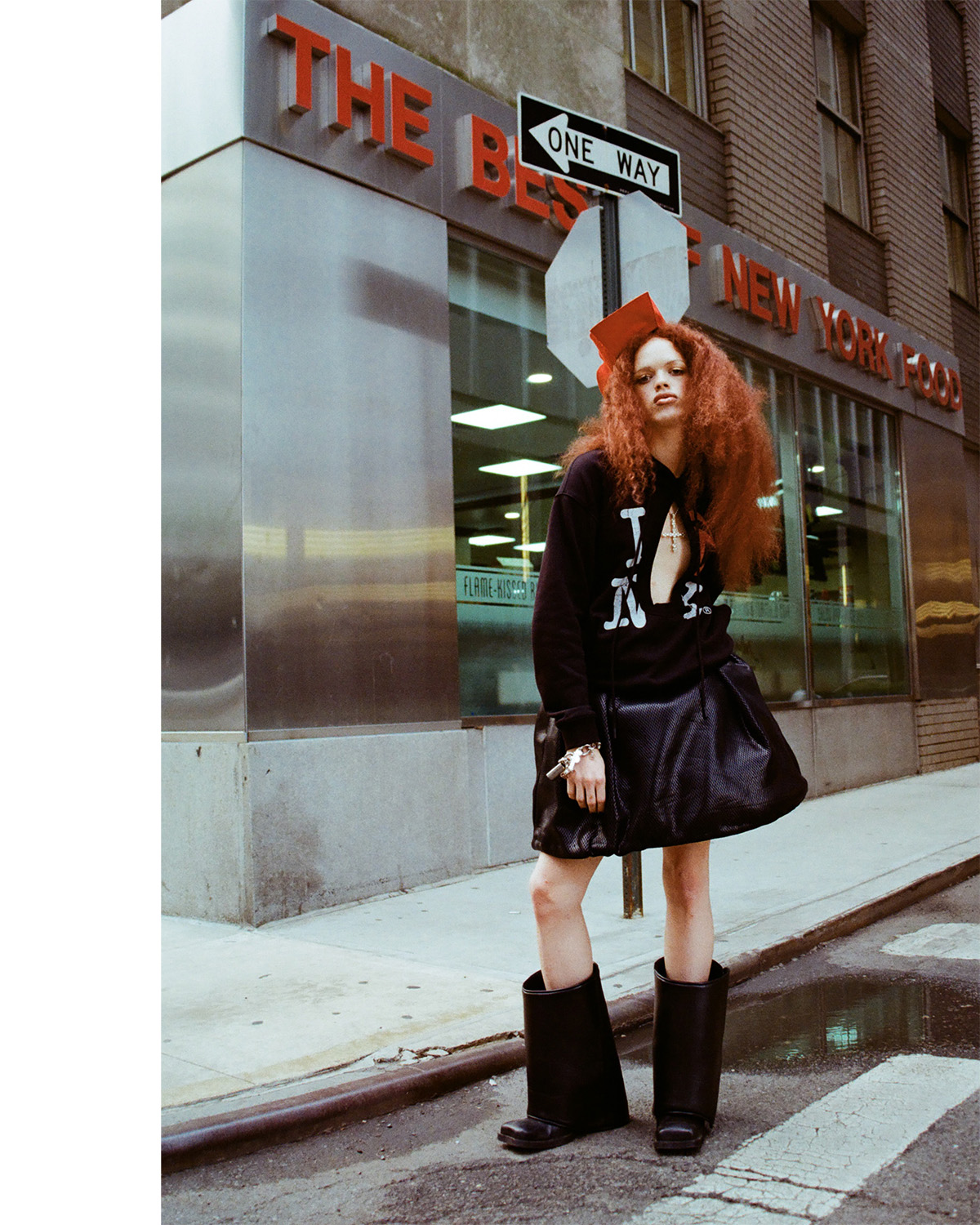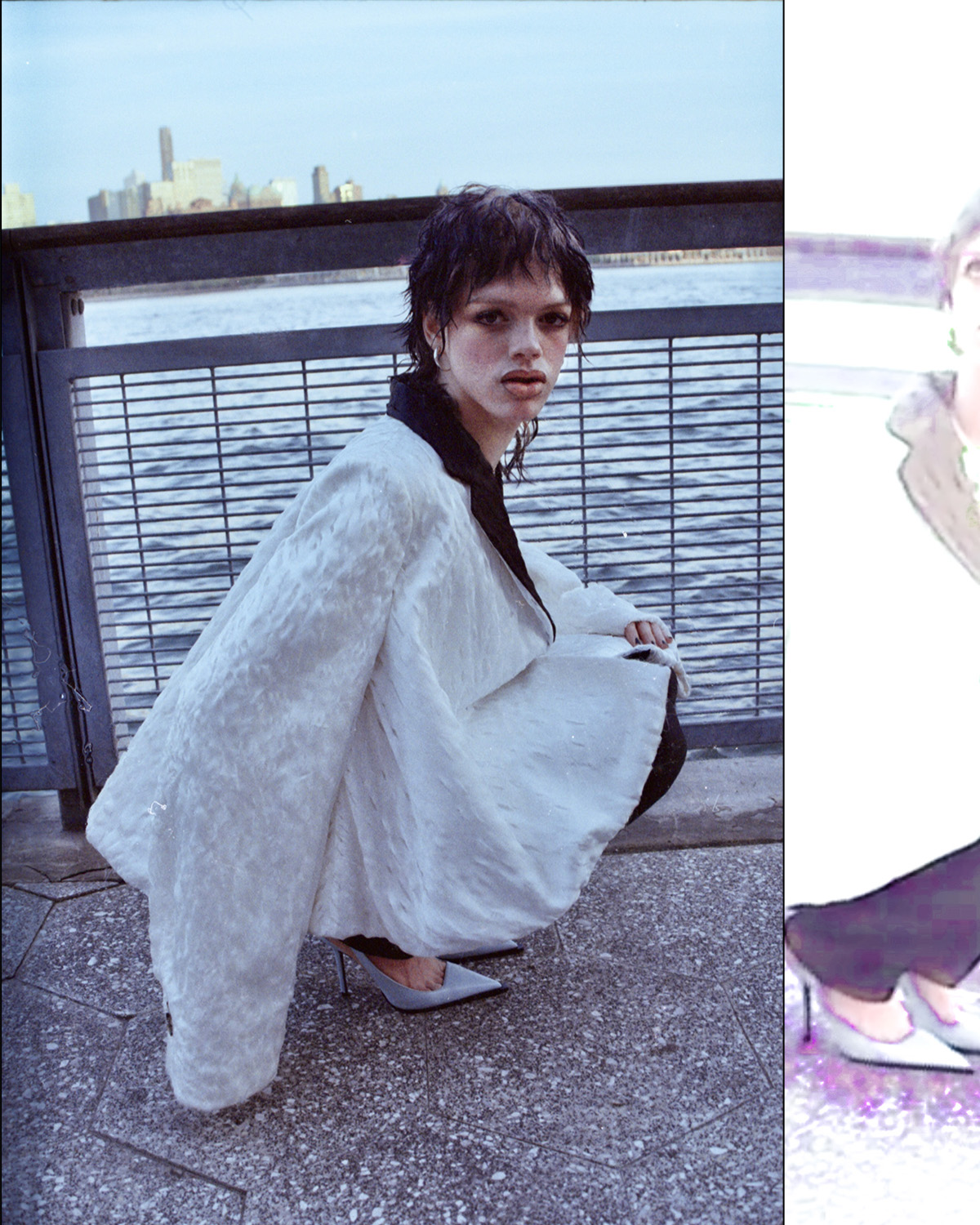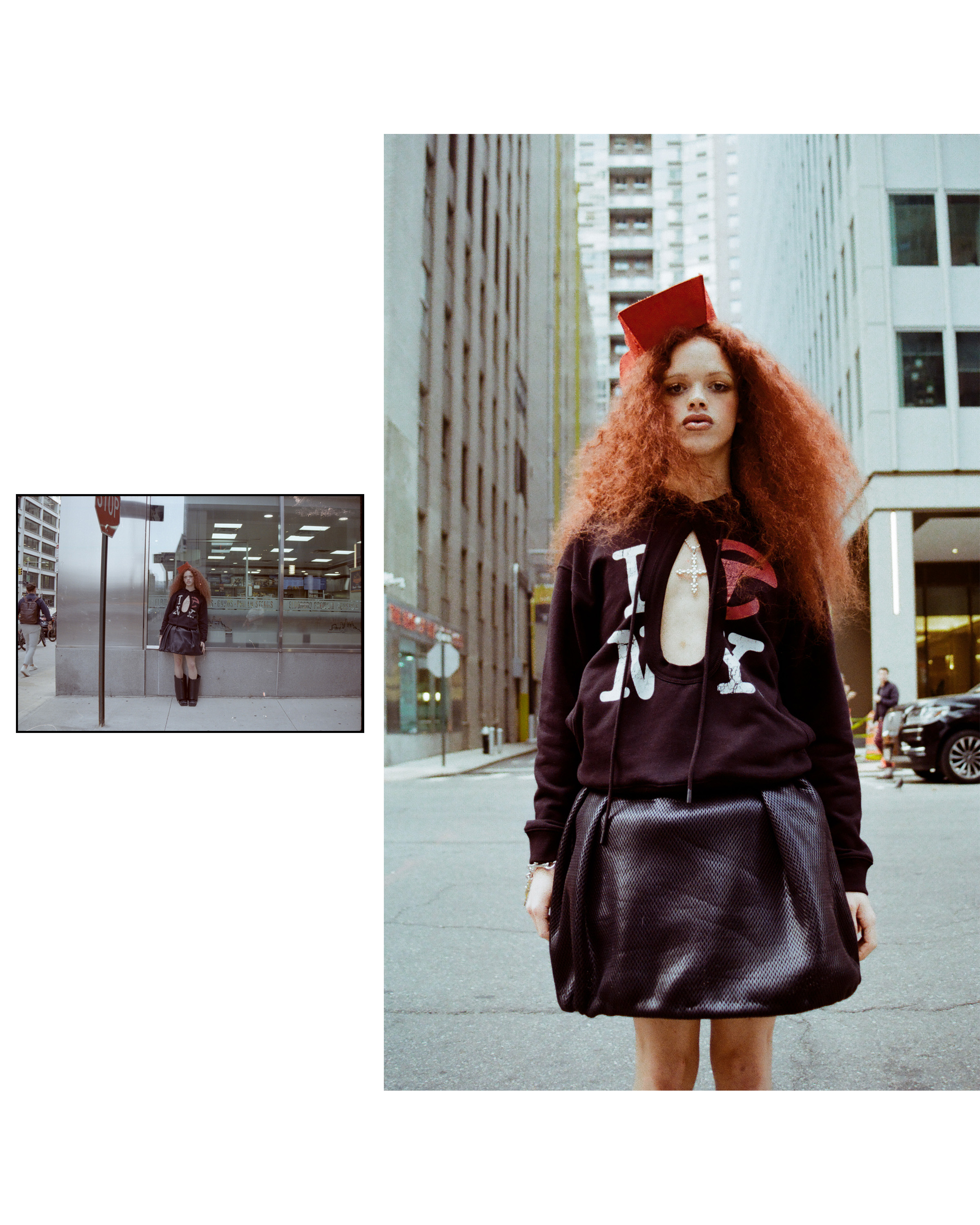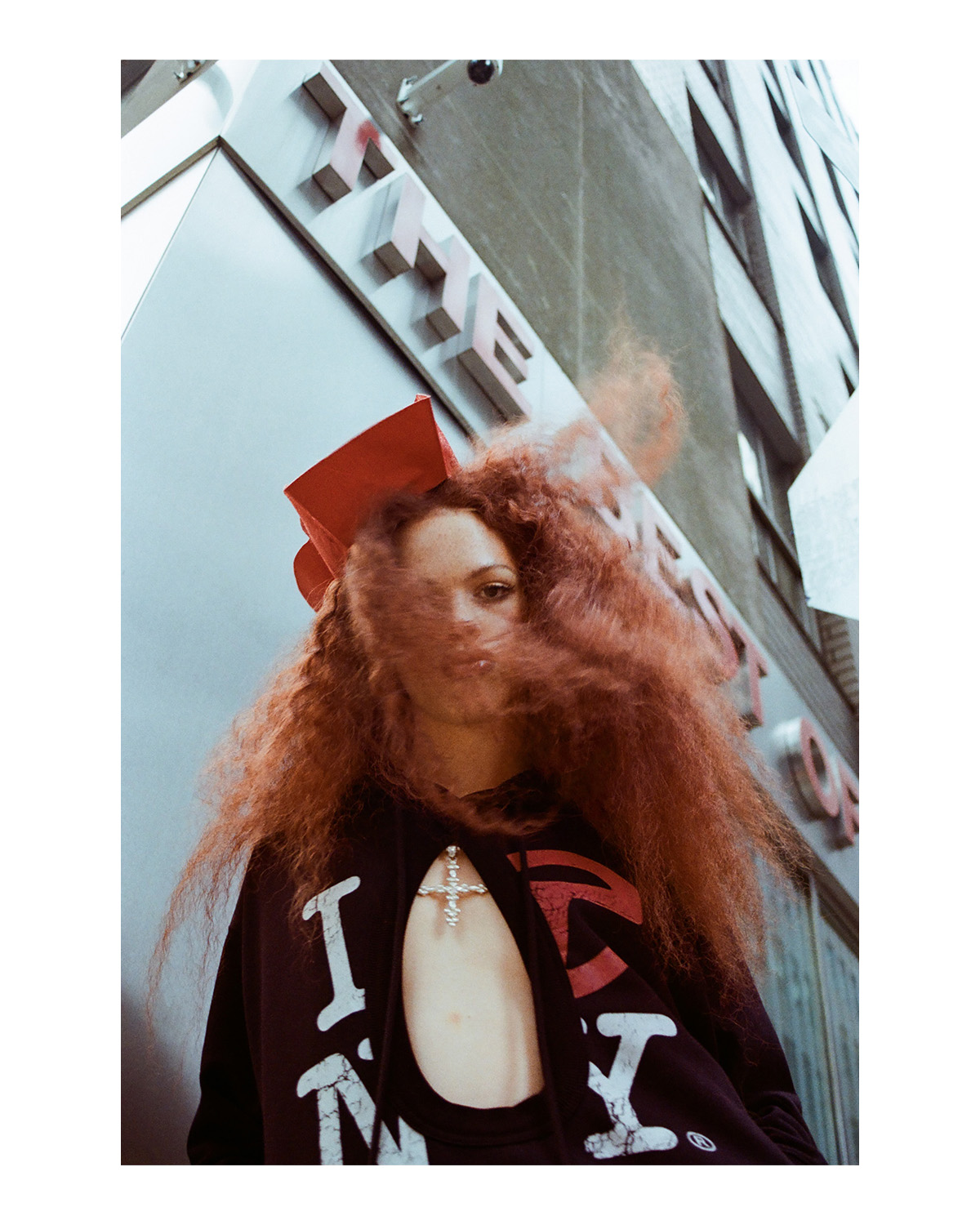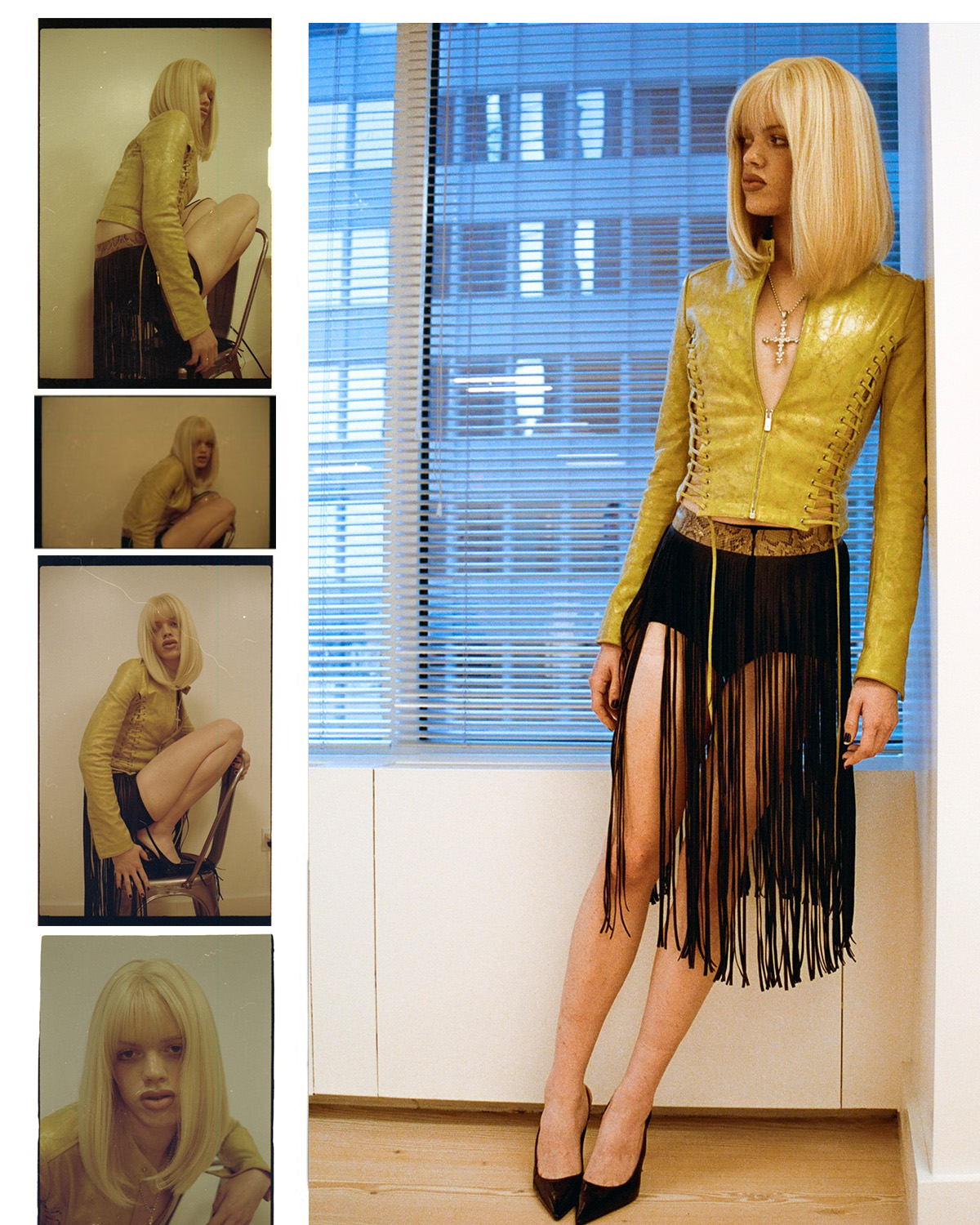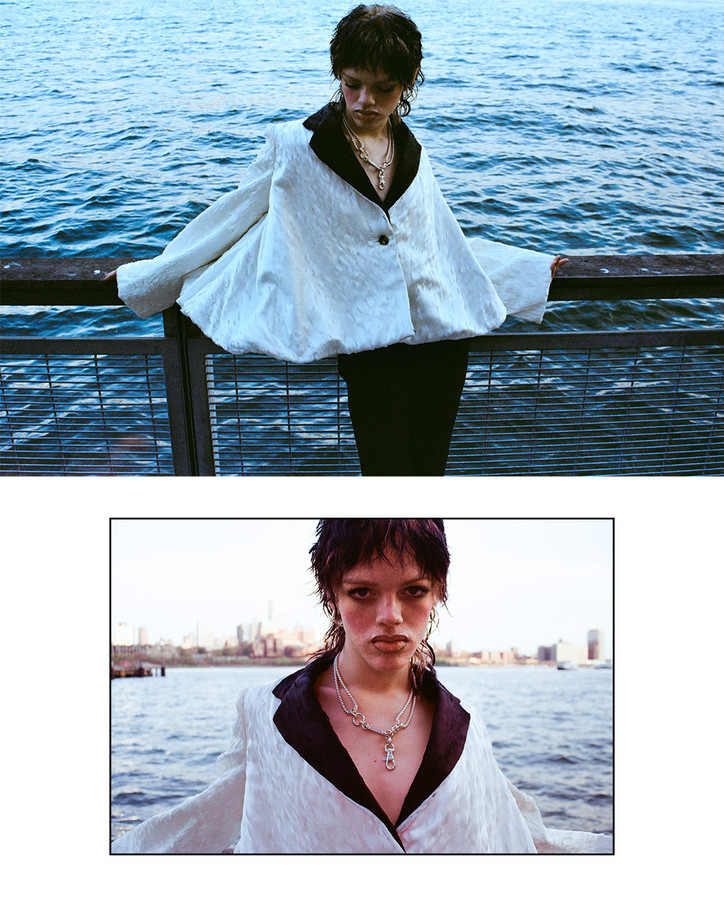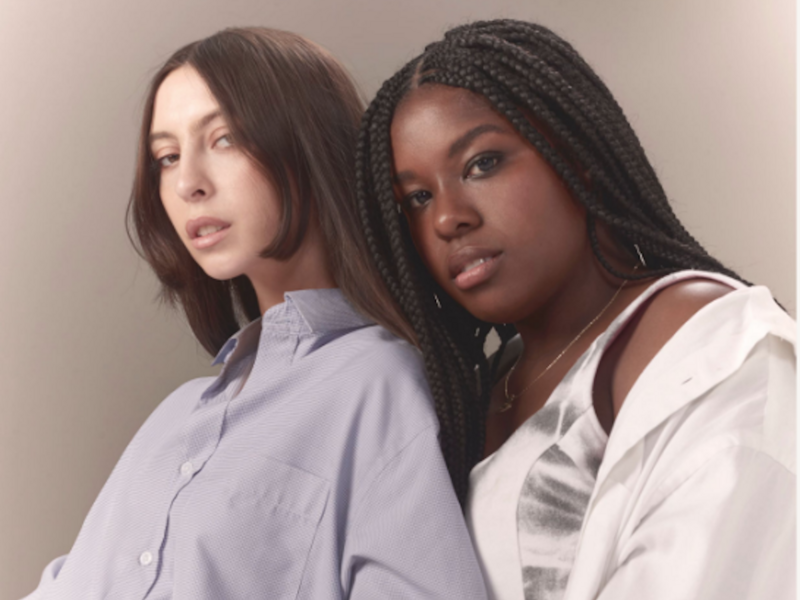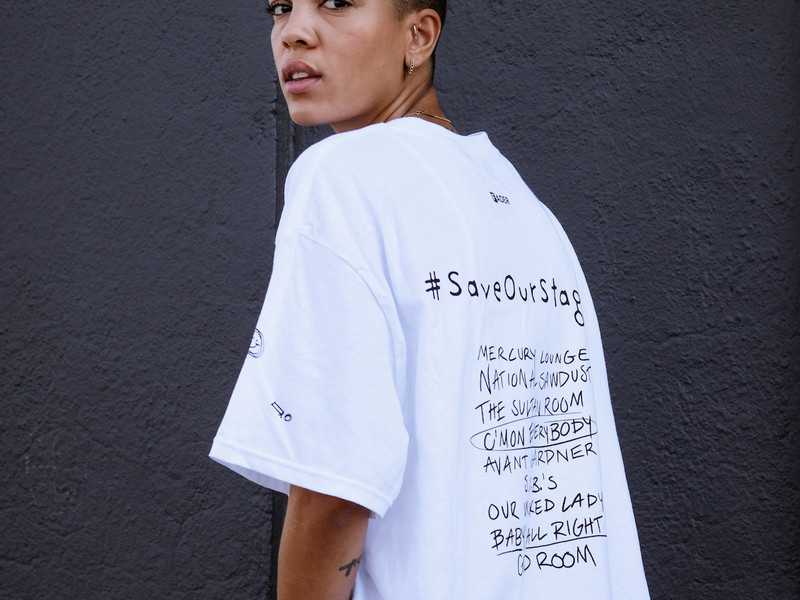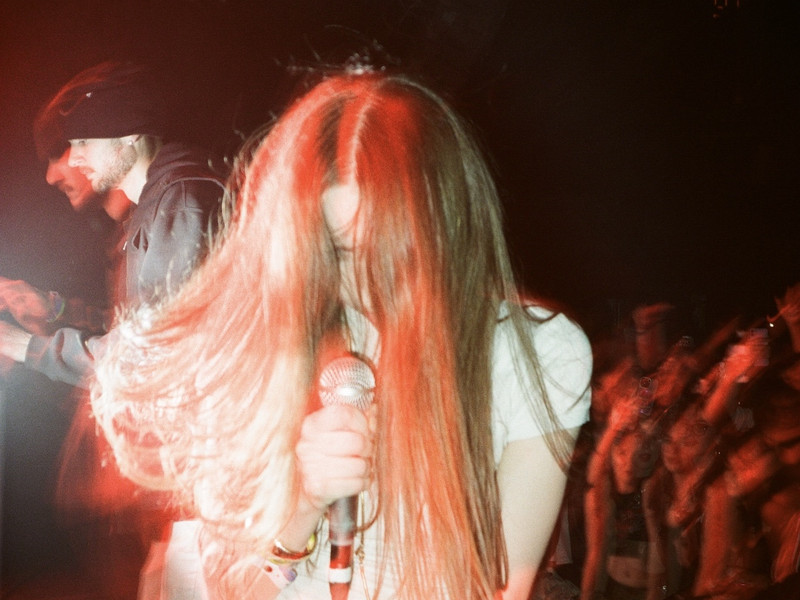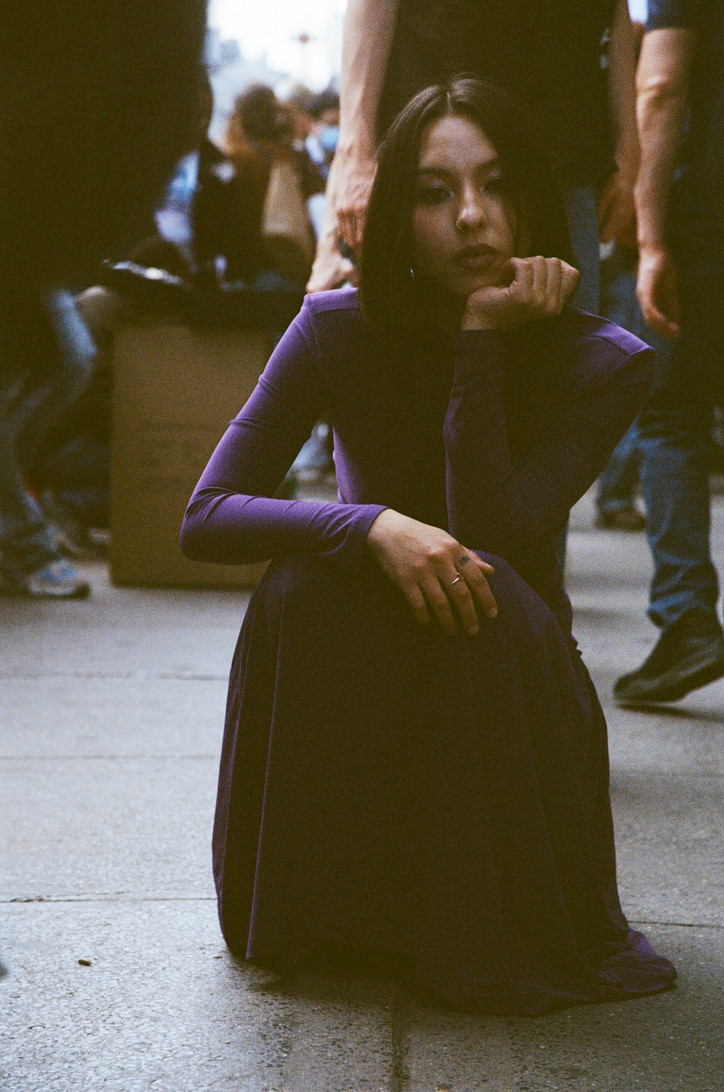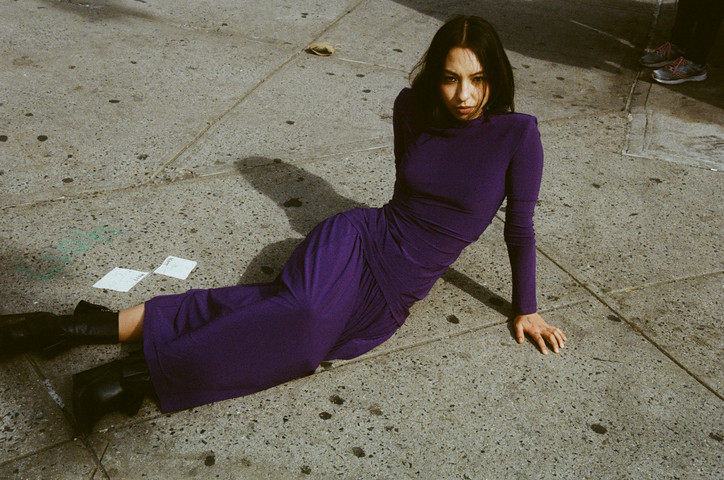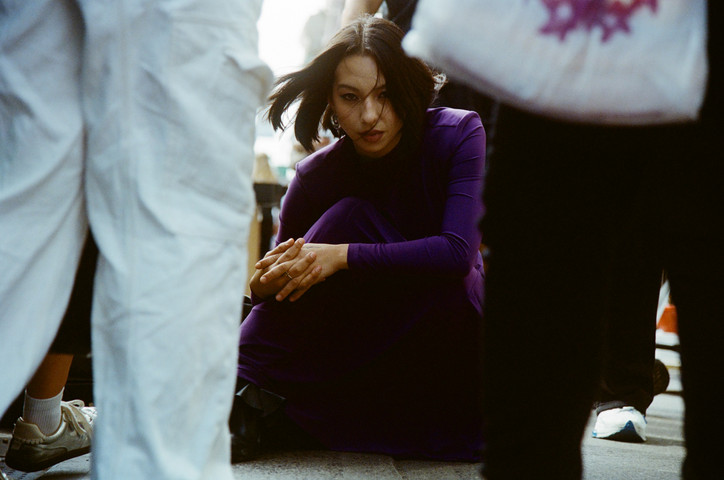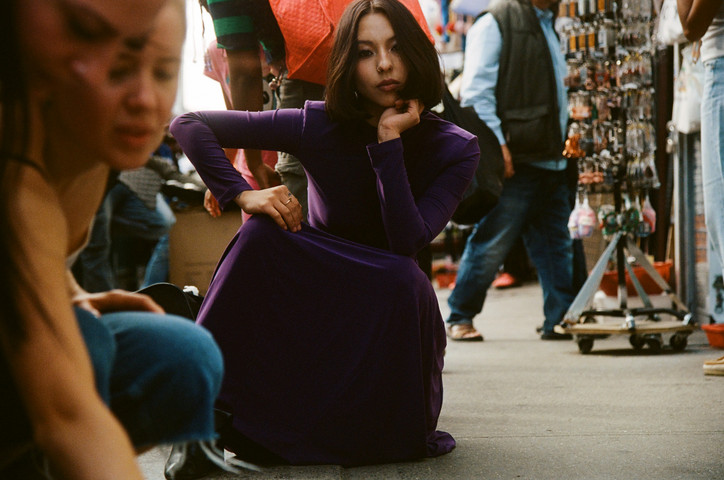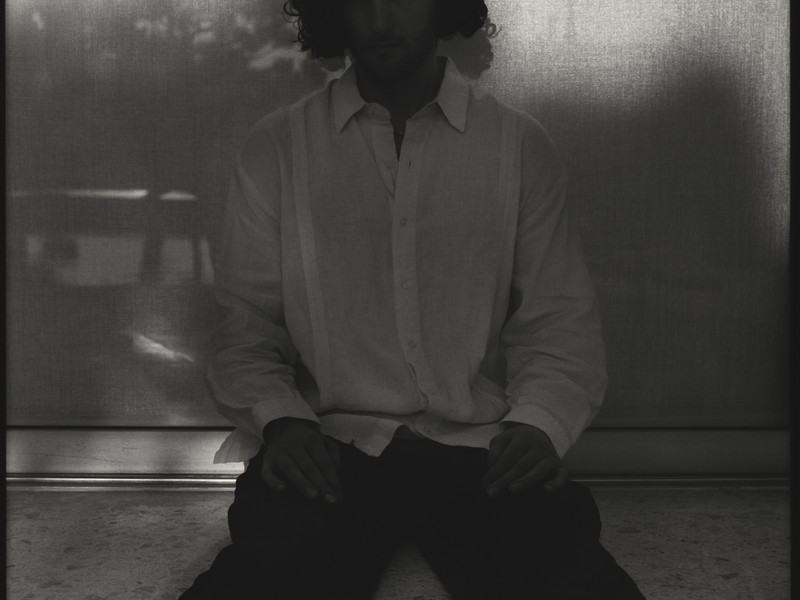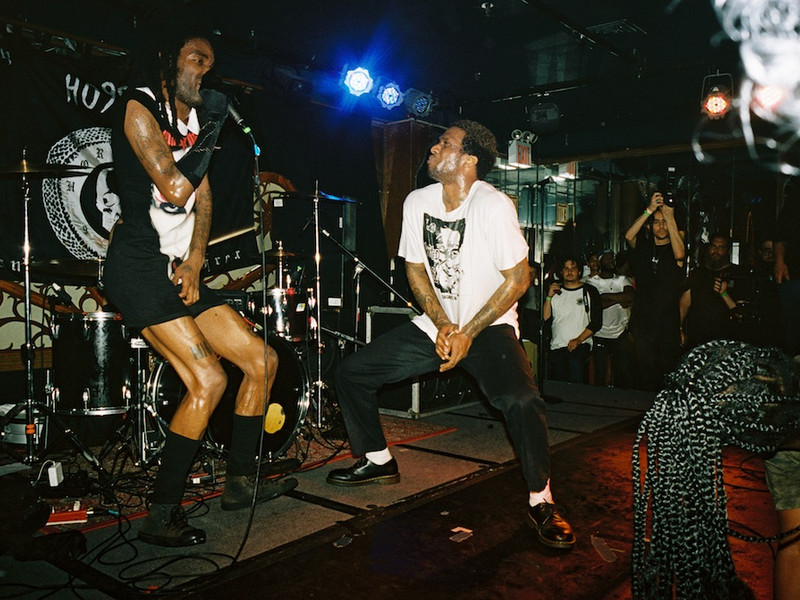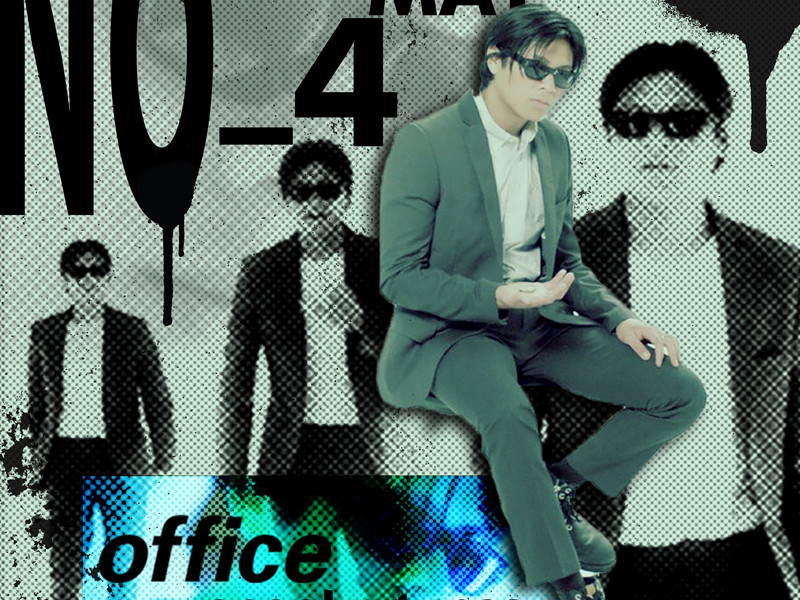The Wonderful Delusions of Loren Kramar
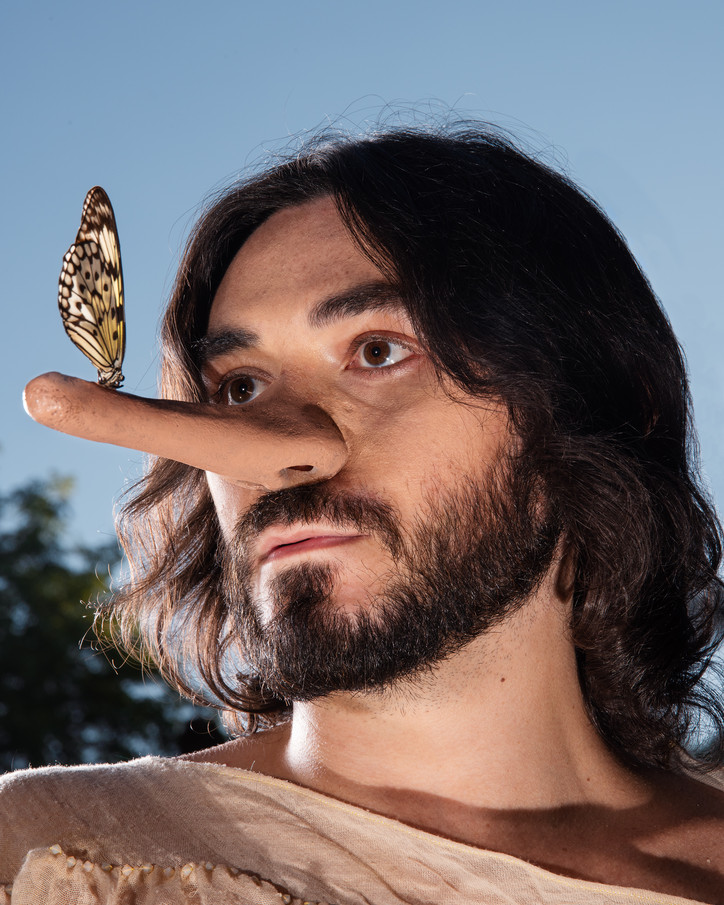
office sat down with Kramar to discuss fantasy, veneer, and his latest projects.
Can you talk about your artistic journey for this project, both the EP and the photo series?
The short story is that I was working on demos in New York with this wonderful guy, George Albrecht, and then I was visiting L.A. and ended up meeting both a manager and meeting Chris Taylor from Grizzly Bear. Then he became my producer and we created this body of work together. I have a love for photography and styling. I visualize images photographically as opposed to in music video form, so I thought, let's do an editorial shoot for this body of work, as opposed to embarking on a hellish music video—which I have to say I really do not enjoy.
Does the editorial inform the direction of the music?
The music comes first, but as far as creating a visual counterpart for the music, I'm so much more interested in photography and inspired by photography than I am music videos.
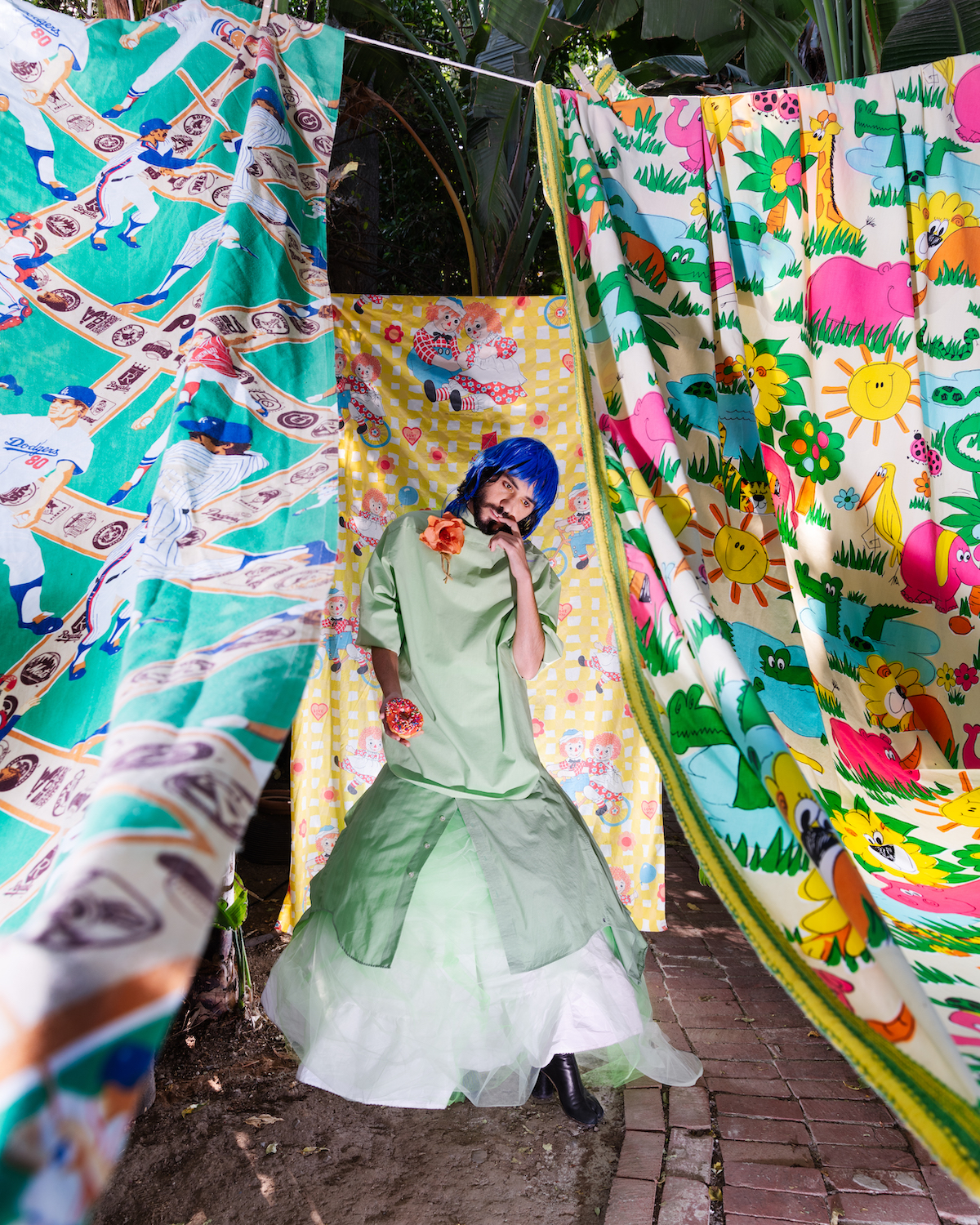
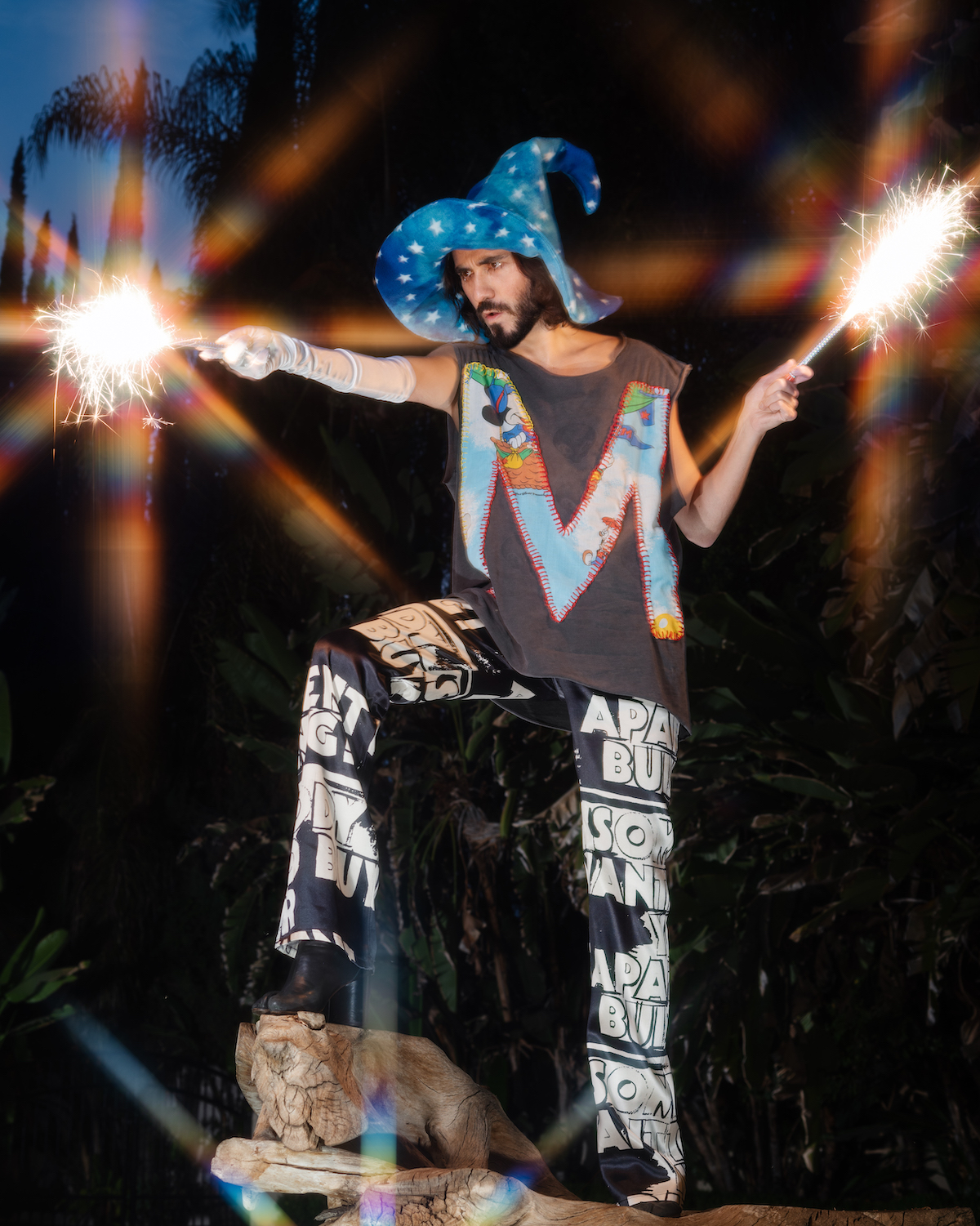
Looking at the photo series, I notice a Freudian vulnerability in the use of childhood icons and signifiers. Was this intentional?
It's very much after the fact, you know, I don't set out to create visual representations of psychological reality or concepts. But when I was talking to this writer friend about that video, I mean, she was saying you're constantly coming back to these. Almost a nightmarish or adult unfolding or collapse of these childhood characters. Why is that? I don't know.
You choose the image of Pinnochio as the album cover—any reasoning behind that?
I mean, what I love about Pinocchio kind of relates to Stella Adler's—the very famous acting coach—line about junkies: “A junkie uses their body to signify to society that there is something wrong in a society. They use their body to basically have an alarm.” And that's what Pinocchio is. You know, he is wearing an alarm that indicates that he is emotionally transparent, whether he wants to be or not. So I thought that was a really perfect symbol for this music and for these two songs that I'm telling you something, whether or not I want to be, you know, I am revealing more than I think I'm revealing.
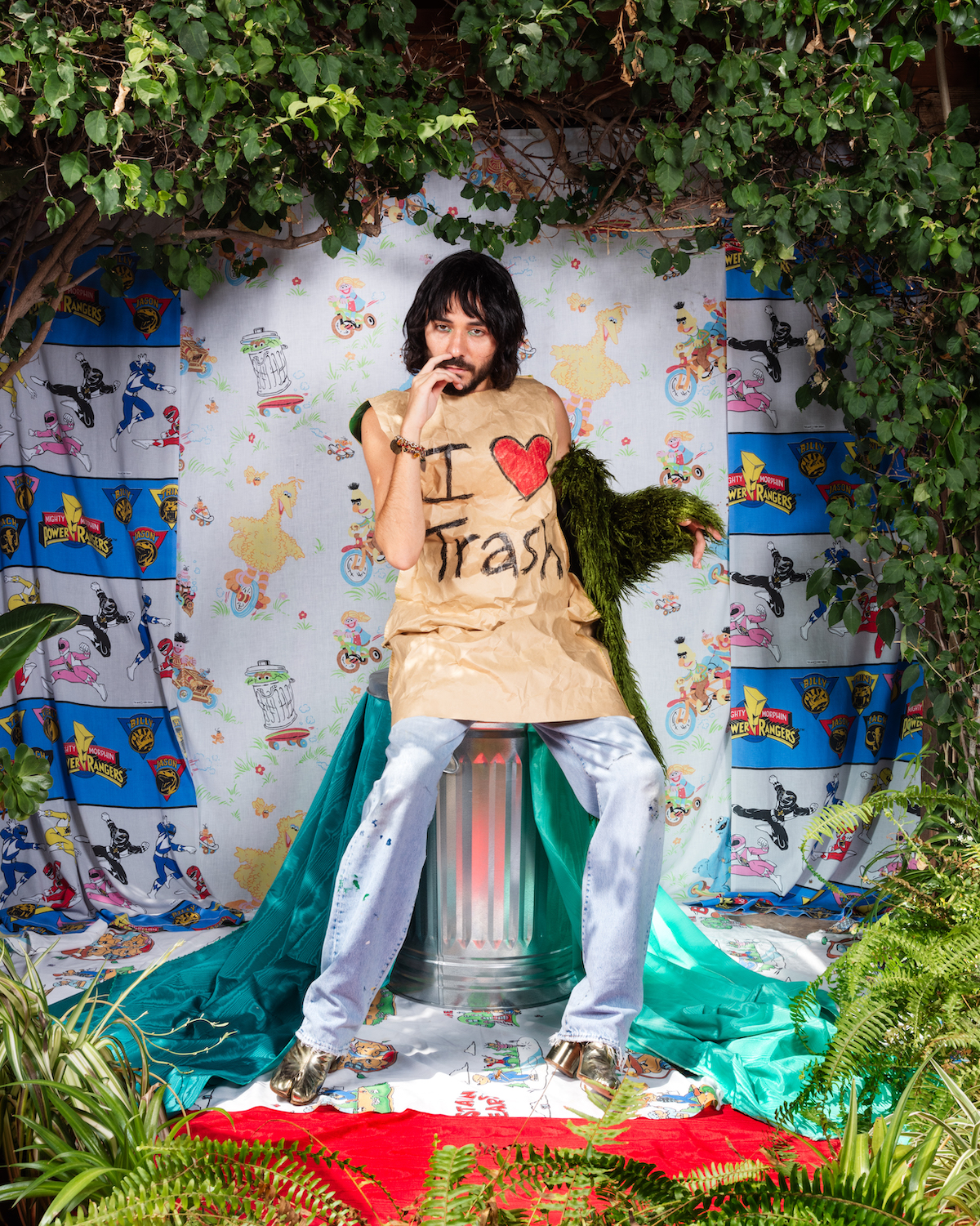
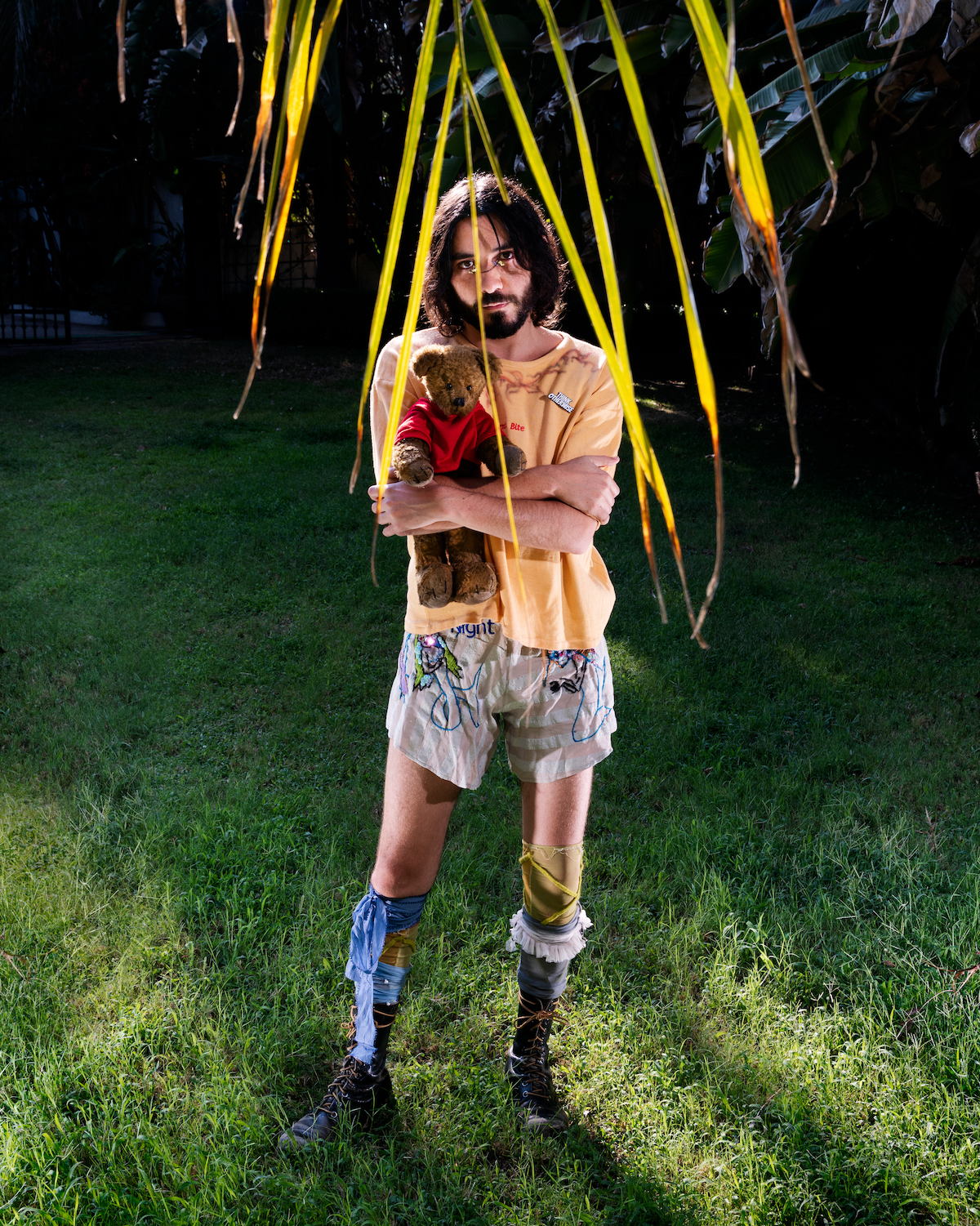
It’s about baring your delusions on your sleeve, presenting them unobstructed.
Exactly. I am still unsure of how full of shit I am. I've got to be full of shit to a degree, but if I am, I want that to be on display. Whatever I am, I want that to be accessible to other people and I want to be advertising that, you know. I don't know exactly what I'm trying to say and I don't know why it's important to dress up as Angelica or Oscar the Grouch, but it smells like truth. It sounds like the truth. And in an ironic way, it would be further from the truth if you were to try to create a formula for what each image is specifically supposed to represent, in a calculated manner. And I've never been interested in, you know, A plus B equal C, I mean, who cares. I don't know what my formula is, you know.
Maybe there shouldn't be a formula.
Yeah, yeah, yeah, exactly.
What is your relationship to delusion and truth as it relates to your music?
I'm somebody who, you know, loves to do vocal impressions—whether it's Eartha Kitt or Johnny Cash or Tracy Chapman or Cher. I can listen, I can go through this record of my music or and and hear, oh, God, I was really running from this information and I can hear that, I can hear it. I mean, lyrically, but also in terms of, you know, the attitude of the voice and the singing, I can hear a desire to be perceived a certain way. And then maybe a year later, a month later, oh, I'm less hung up on being perceived this way, so I'm going to sing with a different sound. It sounds more like the truth, it sounds more like the acceptance of the self where the self is at.
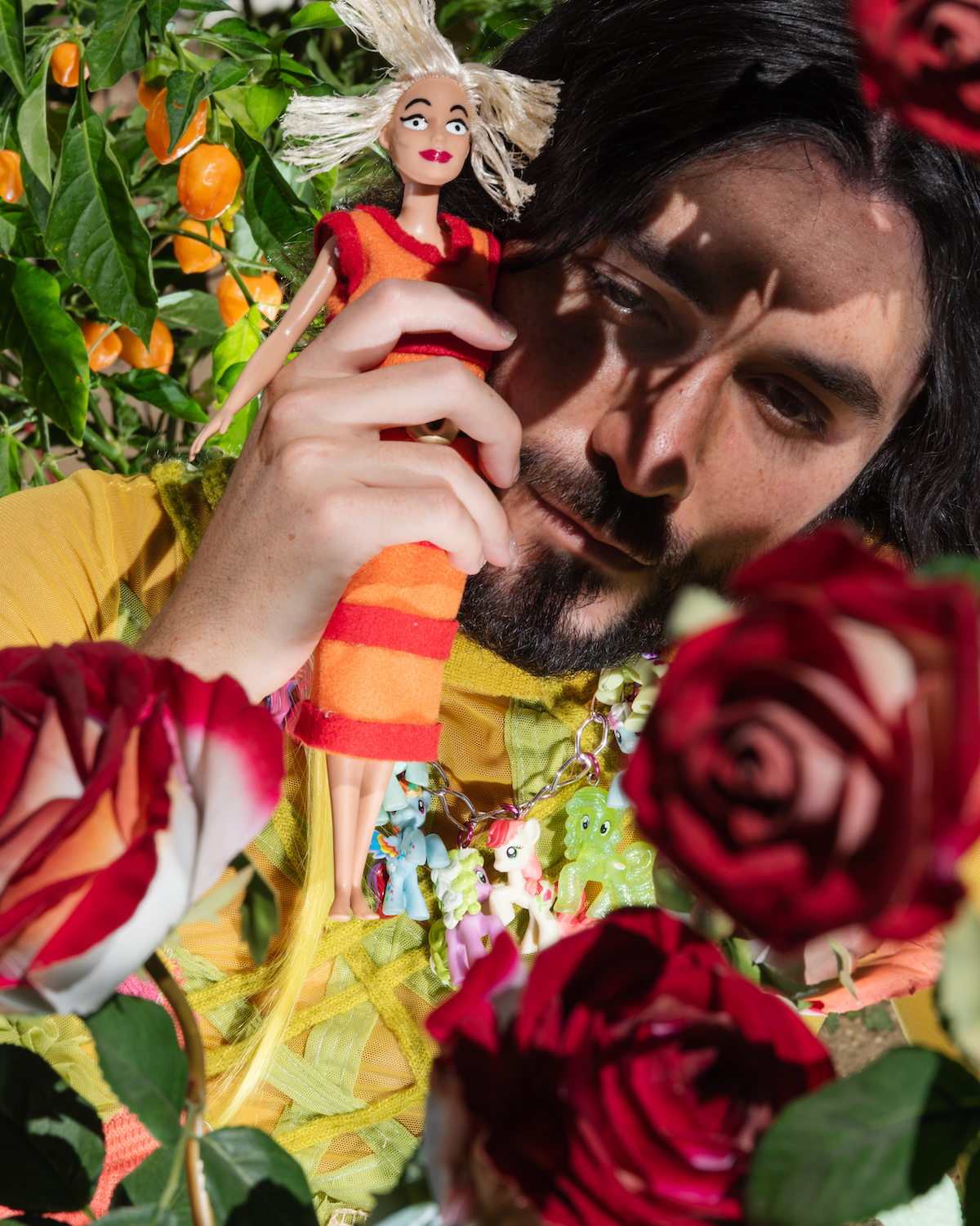
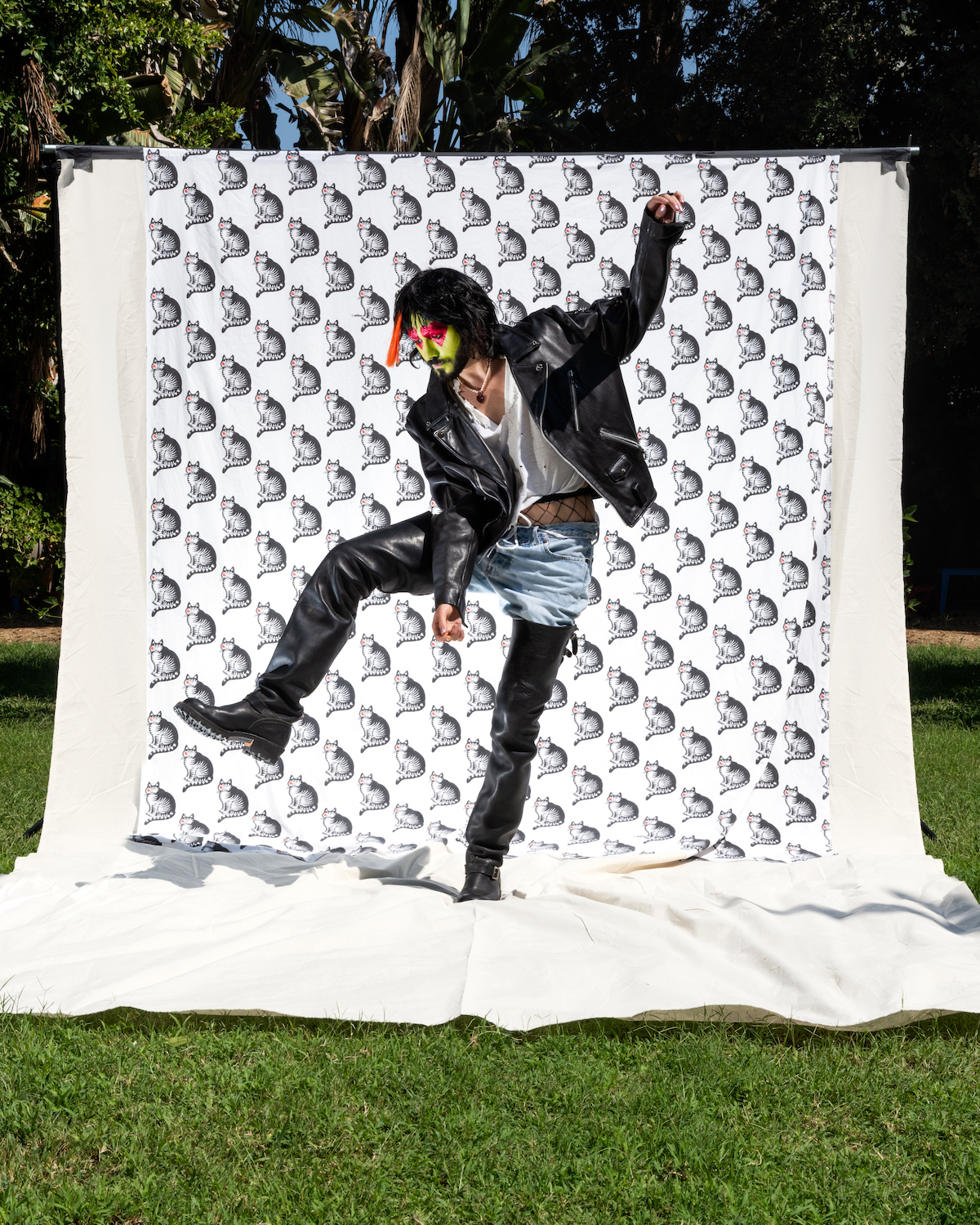
What draws you to the characters you choose to perform?
It’s funny, you know, I’m definitely fascinated with our fascination with replicating the cartoon in the real world—in a literal way. Like, you know how on shitty blogs every few years there will be some hideous photoshop rendering of like a humanoid version of Homer Simpson that's super grotesque? But I don't know what that is exactly. I find that so fascinating and so rich in content. It's so childish, the thought, “What if Marge Simpson was real.” You know, like who cares? But somehow it's so thrilling at the same time. It’s so strange and disturbing.
It's not even a question of what she would actually look like, but more so, why are we asking these questions? Why are we creating these fantasies and applying them to our realities?
I think, you know, dressing up as versions of these characters, in a way, is inserting myself into a collective fantasy. I can actually enter this space that it's more than I can pretend to be a famous person. You know, it is a bit of that. You know, it is about entering this. What if I were so well known? What if I was ageless? What if I was beloved? It's almost like hijacking somebody's fantasies or hijacking somebody’s pre-existing relationship with a character.
